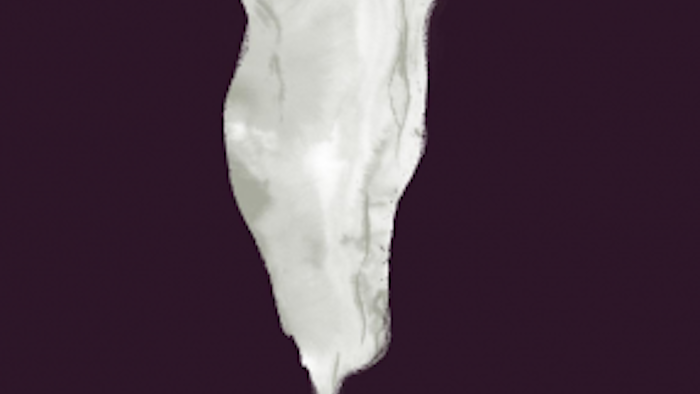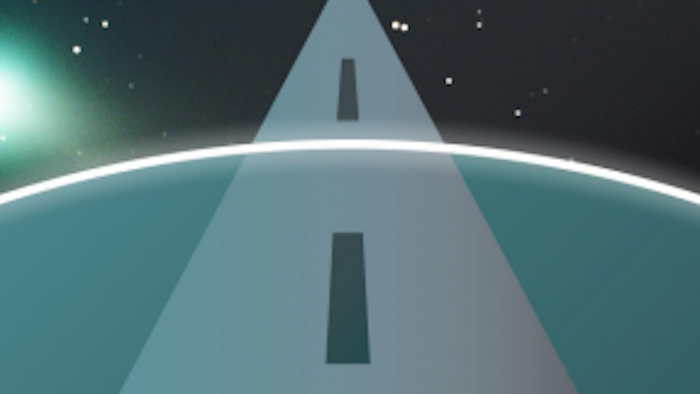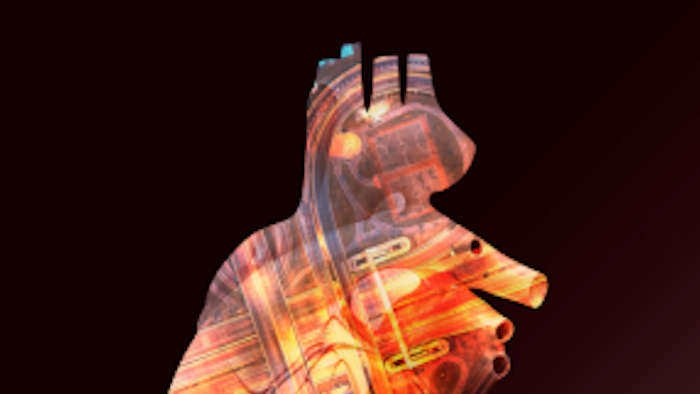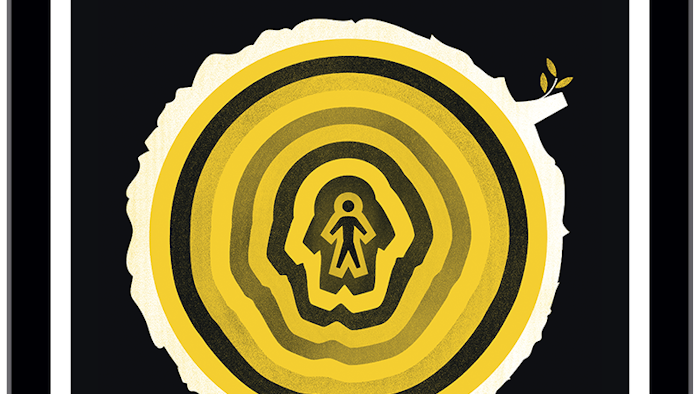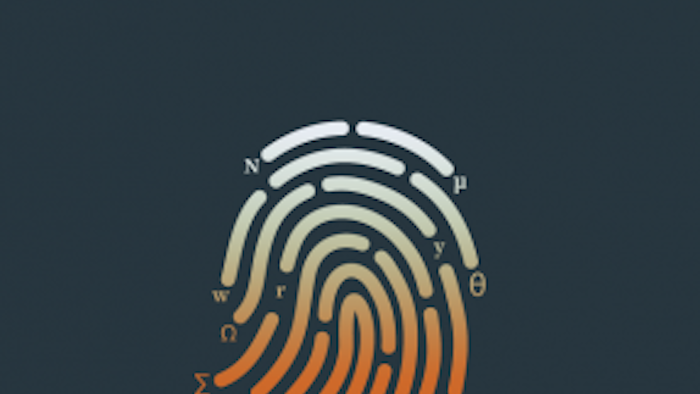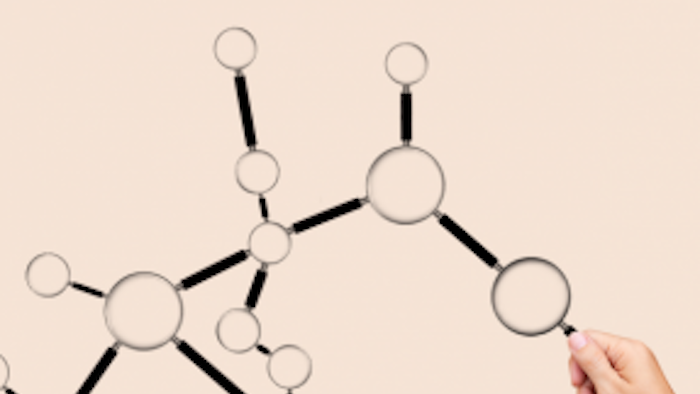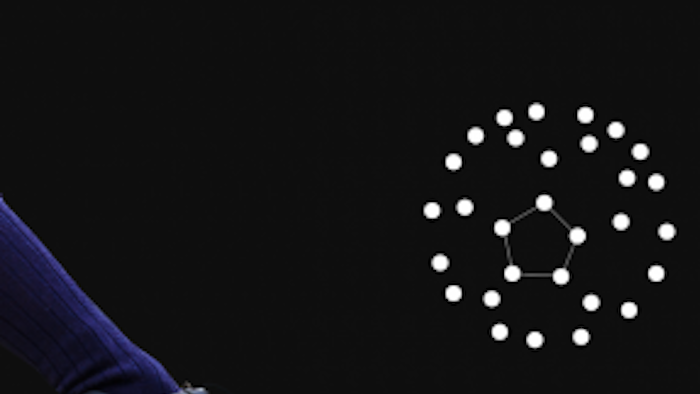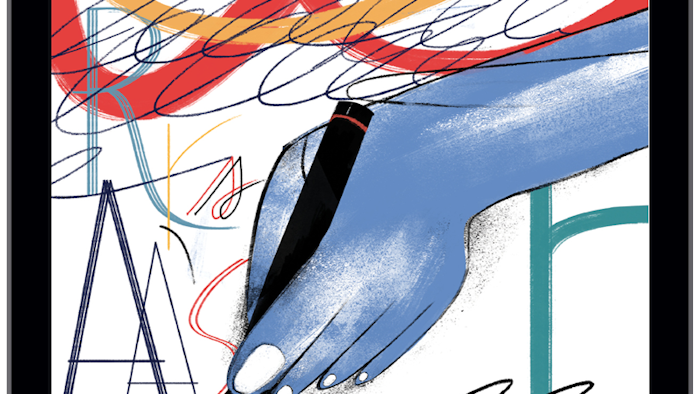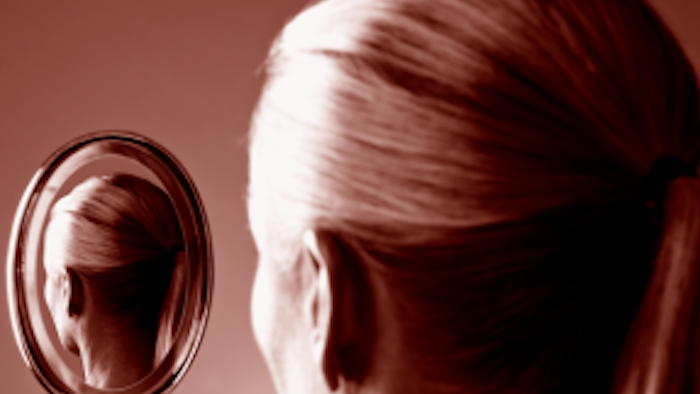Liz Greene
In Plain Sight
Cognitive distortions like selective attention are how we keep ourselves happy. As we age, we increasingly focus on happy memories, and place more emphasis on emotional regulation than on information accuracy.
The Unseen
For something like 5,000 years, astronomy was the analysis of starlight. In the mid 20th century, cosmic rays were added to the mix, and then neutrinos. Two years ago came gravitational waves. Science advances, not just by seeing better, but by inventing whole new categories of seeing.
Horizons
For sheer color, you can’t do much better than a black hole event horizon. It swallows everything without a trace, but it also evaporates. It may contain a wall of fire created by disentangling virtual particles. Unless it’s a fuzzball made of fundamental strings, in which case it has “hair” instead of a firewall.
Systems
Systems can surprise us. Out of neurons comes consciousness. Out of cars, traffic jams. Just as interesting as these emergent properties, but less discussed, are submergent properties, in which the causal arrow points down rather than up. The group changes the individual.
Print Edition 24
Issue 24 of the Nautilus print edition combines some of the best content from our issues on Perspective, Communities, and Self.This issue includes contributions by: archaeologist and medieval historian Alexander Langlands, Japanese artist Hideki Nakazawa, and psychology professor David P. Barash. This issue also features original artwork from Guilio Bonasera, Daniel Greenfeld, and more. Nautilus […]
Coordinates
The more we learn about coordinates, the more we understand their tendency to melt into each other. Far-flung bits of space can get entangled. At the tiniest scales, space and time dissolve into a complex foam. In the brain, grid cells that mark our location in space also help us demarcate time.
Searches
Searching has a cost. It takes time and energy, and distracts us from other opportunities. It is also a quickly growing part of modern life.
Connections
Connection has an exponential, multiplicative power to create complexity. It’s where the meat of the hardest problems—like consciousness—lies. It can also make problems harder than they first seem to be.
Nov./Dec. 2017
The November/December 2017 Nautilus print edition combines some of the best content from our issues on The Unspoken and Trust.This issue includes contributions by: linguist Julie Sedivy, neuroscience professor and author Stuart Firestein, and anthropologist Dorsa Amir. This issue also features original artwork from Michela Buttignol, Rebecca Mock, and more. Nautilus Members enjoy an ad-free […]
Self
What interesting stories are out there that involve the self but do not involve people? Complex systems seem to resist the privileged perspective necessary to define a “self.” If nature preaches a deep relativism, is our attachment to the idea of self a human foible?











